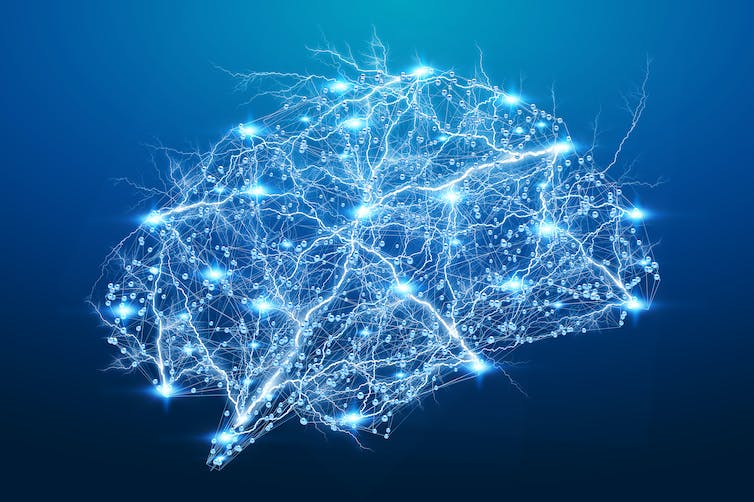The “development mentality” has been one of the most significant trends in education during the past 20 years. This relates to a student’s perceptions of their intelligence, mathematical prowess, personality, and creative aptitude, among other attributes.
Growth mindset proponents contend that through learning and effort, these abilities may be “grown” or developed. The “fixed mindset” is the opposing viewpoint. This presupposes that these capacities are set in stone and cannot be altered.
In 1998, pediatric surgeon Claudia Mueller and American psychologist Carol Dweck initially put out the thesis of the development versus fixed mindset. It developed from research they oversaw in which elementary school kids were given a task to complete and then given praise.
Students who received praise for their effort were more likely to keep working on the problem. Also, they were more inclined to ask for advice on how to do better. Those who were recognized for their intelligence were less inclined to stick with the more challenging activities and approach their peers for comments.
These results suggested that a growth mentality was more advantageous to learning than a fixed mindset. Science in the fields of cognition and behavior strongly supports this idea.
For more than a century, psychologists have studied the idea of a mindset—a collection of presumptions or approaches people use—and how these affect motivations or behavior.The accomplishment orientation research from the 1980s and 1990s was renamed the growth mindset. In this situation, individuals might choose between a “performance orientation” (with the aim of demonstrating what they know) or a “mastery orientation” (with the aim of learning more).
Theories of brain plasticity (the capacity of the brain to change as a result of experience) and task-positive and task-negative neural network activity are congruent with the growth mindset (brain networks that are activated during goal-orientated tasks).





